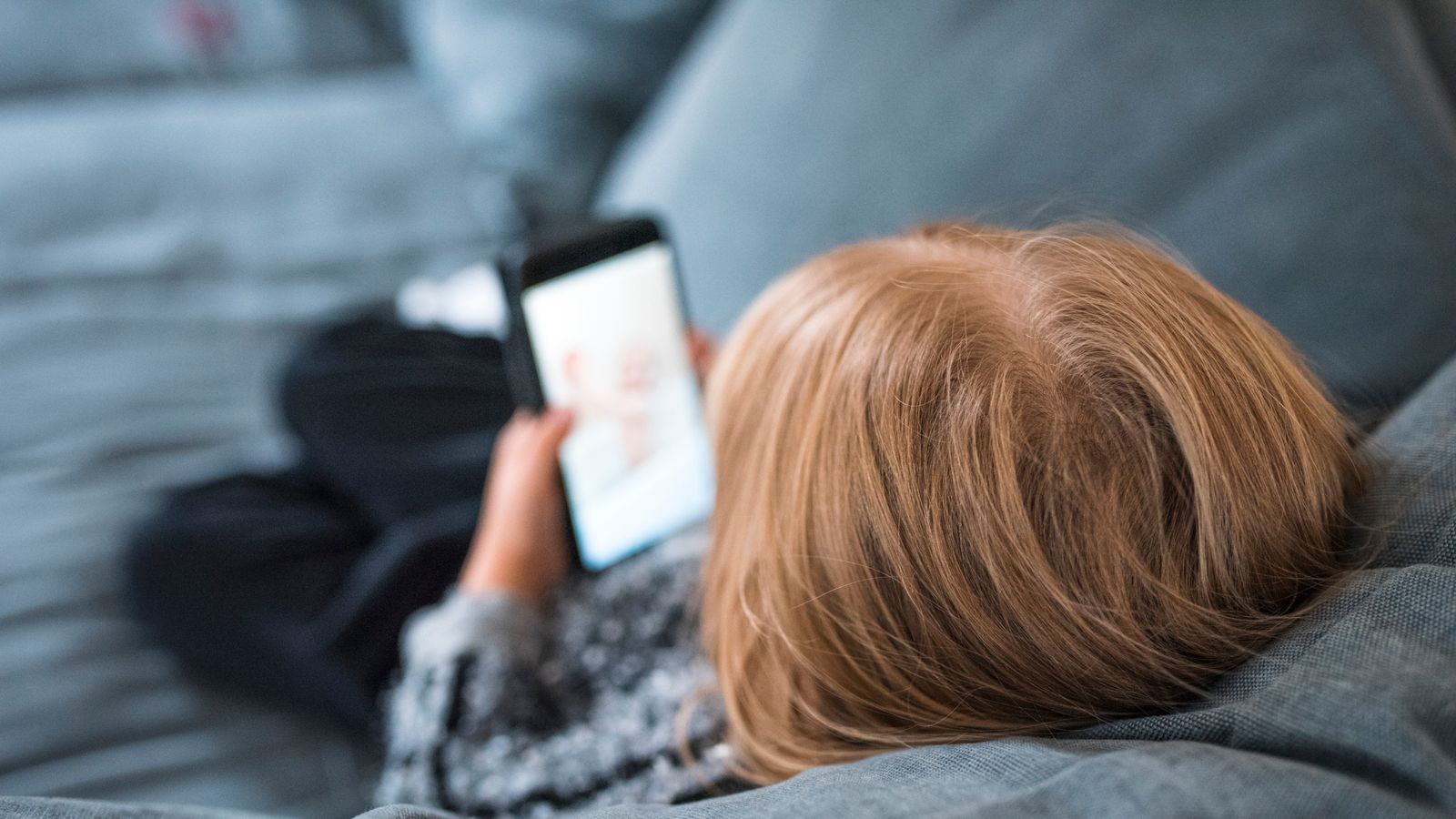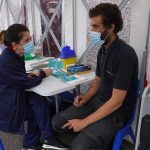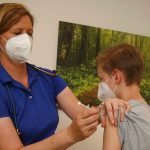Girls as young as seven are facing a “devastating” drop in their happiness thanks to negative experiences on the internet and social media, research suggests.
Almost half (49%) of girls aged seven to 10 have had a negative experience on the internet in the last year, according to research carried out by Girlguiding.
Nearly a fifth (18%) said they had encountered a person pretending to be someone else, while more than 11% said they had seen obscene pictures.
Older girls said they also experienced various forms of online harassment.
According to a survey of 2,114 girls and young women aged between seven and 21 by the charity, 71% said they had been harmed by something online.
This rose to 73% of girls aged 11-16 and 91% of those aged 17-21.
The poll, which took place between March and April, found one in four (26%) of those aged 11-21 had been sent unwanted sexual images, half had received sexist comments and 28% had been harassed.
Girls were also “unavoidably” exposed to “unrealistic and unattainable images of perfection” on social media, impacting their mental health.
Some 45% of 11 to 21-year-olds said they had seen images that made them feel insecure about their appearance.
Disabled and LGBTQ girls and women were more likely to experience online harm – 40% of disabled 11 to 21-year-olds, compared with 25% of respondents without a disability – and 42% of LGBQ respondents compared with 24% of straight girls and women reported being harassed online.
The findings also show that overall happiness amongst girls and young women is “dramatically” falling – more so among younger girls.
Two-thirds (67%) said they are feeling more sad, anxious, or worried. The coronavirus pandemic has only “accelerated and intensified” these feelings, Girlguiding said.
Some 63% said they feel happy most of the time, down from 81% three years ago, with a third of all girls feeling unhappy most of the time.
Please use Chrome browser for a more accessible video player
Just a quarter of seven to 10-year olds said they feel “very happy most of the time”, down from 43% in 2018.
Girlguiding member and advocate Amanda, 17, said she was not surprised by the findings, which show a “devastating trend in declining happiness”.
“We’re exposed to more and more pressures, both online – from harassment to images portraying unrealistic ideals of perfection – and as a result of the pandemic and the disruption it’s brought to everyday life.
“Pressures like these are directly impacting the confidence and happiness of girls and young women in the UK.”
Girlguiding chief executive Angela Salt said society must act in the interest of girls to avoid a “lost generation”.
She said: “Girls’ mental health has been significantly impacted. Online harms have been exacerbated.
“It’s critical that we address the decline in girls’ happiness that we’ve observed since we started this research over a decade ago.”
Almost all of the girls and young women surveyed said they want more to be done to protect young people from body image pressures.
Girlguiding is calling for dedicated online harms legislation to address appearance pressures and for better protection for children from social media adverts for weight loss and “appearance-enhancing”.
Children and families minister Vicky Ford said: “We know that for too many girls and young women, these sorts of issues have become commonplace – that is simply not OK.
“That’s why giving them the tools and confidence to cope with the new and growing pressures they face is so vital.”






















